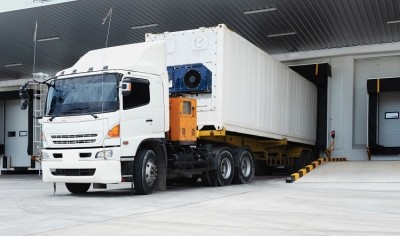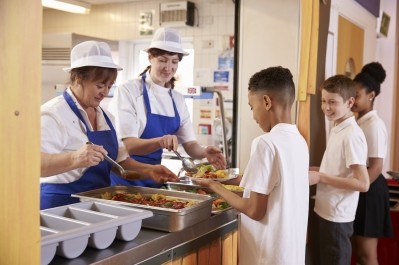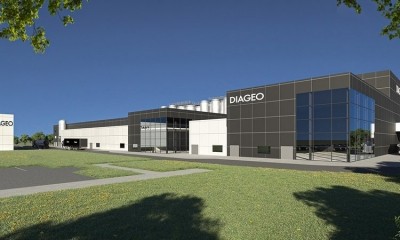Food companies look to fuel cells as energy crisis hits

The survey, which formed part of a webinar delivered in partnership with the Food and Drink Federation, found high energy prices meant the most businesses (87%) were prioritising cutting energy bills, rather than net zero targets (13%).
Ian Gadsby, Ylem Energy managing director, said: “It is not surprising that the focus for the majority of businesses has now switched to the cost of power.
Reduce carbon
"But pressure to reduce carbon is mounting and tackling emissions is only going to become more important throughout industry.
“A significant number of businesses in the food and drink sector were early adopters of CHP [combined heat & power] technology and we are now seeing growing interest in understanding the transition process from traditional CHP. Fuel cells powered by hydrogen will not only offer significant cost savings compared to sourcing energy from the National Grid but will become a key part of the sector’s low carbon strategy, allowing businesses to refocus on the drive to net zero.”
Value drivers
Ben Richardson, Bosch UK & Ireland lead for decentralized fuel cell systems, who spoke at the webinar said: “We see fuel cells fitting several key value drivers for the UK: providing a pathway to net zero carbon, reducing energy costs, and ensuring energy security.”
In April, Gadsby discussed the hidden potential of onsite energy generation for manufacturers and the state of global energy generation and its impact on costs in an exclusive podcast interview.
The energy crisis is affecting the whole supply chain.
Electricity bills for the UK’s cold storage facilities look set to double between 2021 and 2022, according to the Cold Chain Federation (CCF).
The British Frozen Food Federation (BFFF) has launched a programme to help its members manage the recent price hikes in gas and electricity.















